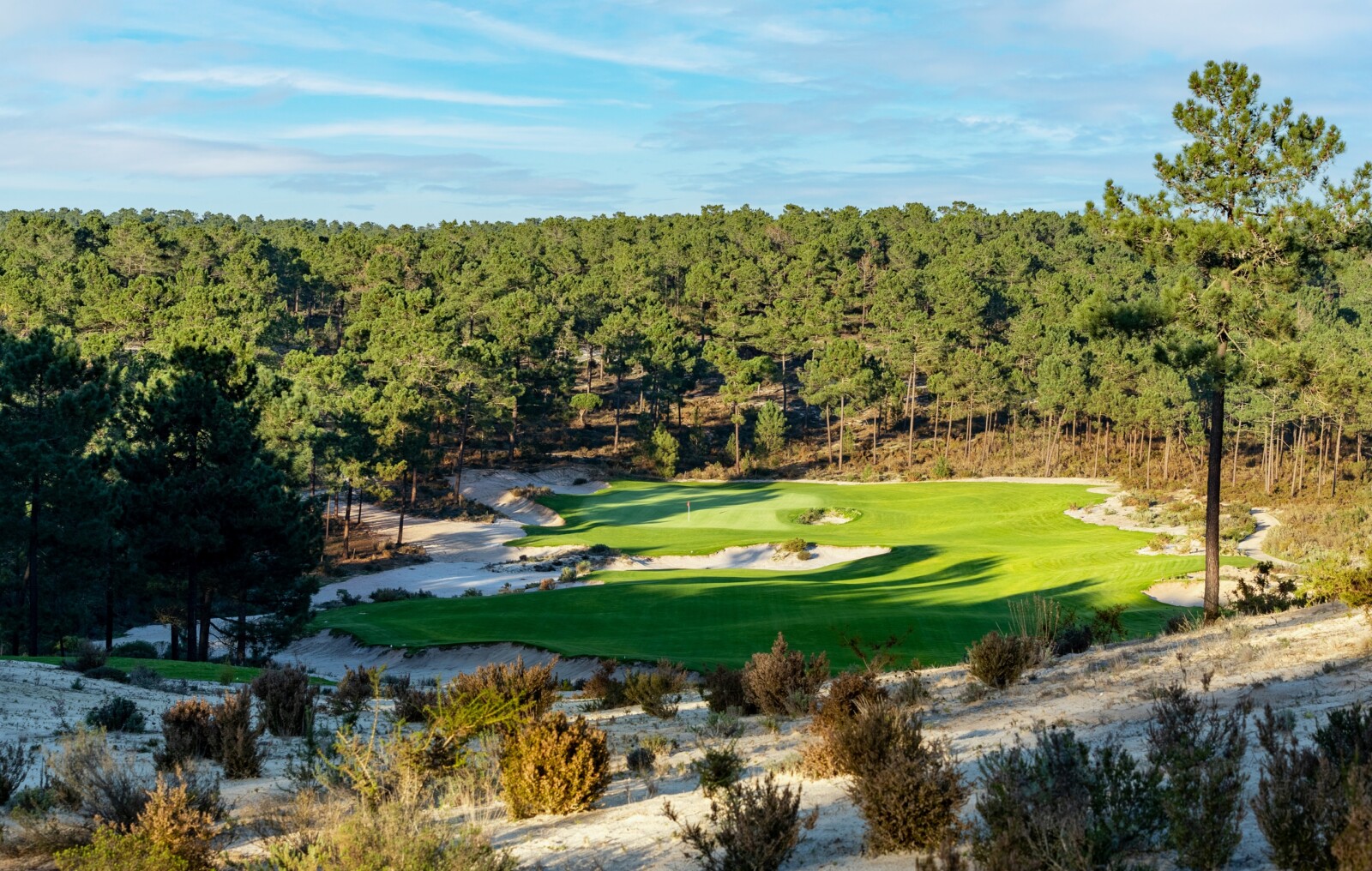The hidden costs of hosting a Global Sport tournament – golf news

Hosting a global sporting event brings glory and celebration. But beneath the bright lights and roaring crowds they find challenges that are often overlooked. This document examines the invisible financial, environmental, and social costs of hosting major sporting events and how cities balance pride with utility.
Financial burden after glory
Every tournament starts with a big investment, and during big sporting events, many fans check out casino platforms that offer special deals like Current current 1xbet Saudiwhich attracts players interested in online games with sports graphics. Cities spend billions building new stadiums, transportation lines, and hotels.
For example, one major tournament required more than 10 new venues and hundreds of kilometers of new roads. While this creates jobs, it also limits the budget. Many areas were made dependent on public funds, diverting money from essential services such as health and education. Return on investment depends on tourism and sponsorship deals, but profits rarely match projections. When the event ends, many facilities fall into disrepair. The empty stadiums stand as silent reminders of the high strategies.
Short term debt vs long term debt
Hosting offers one short economic boost. Restaurants, hotels, and delivery networks thrive during the event. Small businesses benefit from the use of visitors. But when the crowds leave, the income drops dramatically.
Some cities are struggling to save for new infrastructure. Maintenance costs are rising, while ticket sales and local events rarely fill the gap. Economists estimate that long-term returns often cover less than 40% of total costs. Rest becomes a debt to the public, who have been paying taxes for decades.
A social ripple effect
The life of hosting a major tournament is transformed. The citizens are proud and disturbed. Roads are closed, rents are high, and open spaces are limited. In some cities, poor areas are motivated to allow construction to take place.
However, the World Championships also bring cultural encounters and connections. New skills are acquired by the volunteers, and local customs are imported into the foreign country. The plan is to strike a balance between the sports festival and the well-being of the local people.
A common experience with buried emotions.
Communities are often characterized by arrogance and fatigue. The group is a source of exposure and entertainment, but the results are sometimes rewarding. Research shows that the number of people who support the hosting of future events is reduced by almost half after witnessing the actual costs. However, these events, when used well, can strengthen community identity and inspire generations.
Lessons from past competitions
To better manage future events, organizers are focusing on positioning, coverage, and local involvement. Budgets must always be reasonable. Reusing existing facilities saves money and land. Open communication helps citizens understand where money goes and how projects benefit them.
Key lessons for future festivals:
- Reuse existing sports facilities instead of building new ones.
- Invest in public transport rather than just event infrastructure.
- Plan for long-term public use of Stadiums and Parks.
- End waste reduction and renewable energy initiatives.
- Include local voices in the planning process.
These measures reduce risk and ensure that global competition benefits everyone, not just investors or bureaucrats.
A responsible celebration
International sporting events should be a source of pride and not a burden. It’s about planning, budgeting, and knowing the environment. Cities that look after the needs of their citizens create a long-term legacy. True victory is not winning medals, but organizing events that can bring people together without damaging their homes and resources.
Good hosting means that cheers on the field are reflected back off the field – to better communities, bluer cities, and a brighter future.



